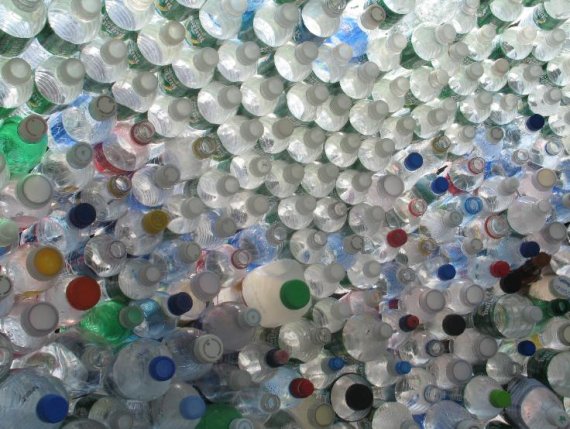The Wageningen report was said to have given much too high an estimate of the costs, causing politicians to decide to abolish the deposit system in 2015 on incorrect grounds. Their new calculations show the costs for recycling PET bottles at just over half what was estimated in 2012. Criticisms of Wageningen UR were rife in the social media. The Wageningen researchers were said to be pandering to the supermarket sector. But was the report really pro-supermarket and anti-deposit system. An examination of the report from 2012 shows it is not that simple.
Loser
The original report, commissioned by the supermarket sector, mentions an amount of 45 million euros. That was the ‘commercial’ cost estimate based on cost assumptions given by the supermarkets. An alternative ‘social’ cost estimate with different choices and assumptions gave 25 million euros. The Wageningen scientists did not decide between the two: the key thing for them was to have developed a quantitative model that could calculate the effects of different choices. The same model was used by the Delft research firm CE Delft that produced new calculations last week. The researchers claim that the Wageningen report gave far too high an estimate. But they themselves use assumptions that are close to the ‘social’ estimate made then, without mentioning that this was indeed included as an option. Another interesting aspect is that the Delft report was commissioned by Tomra Systems, a company that is seen as the market leader in the production of collection systems for PET bottles, i.e. the big loser if the deposit system is indeed abolished.
Peer reviewed
Wageningen UR also thinks it is important to note that the report was never intended as input for a public debate. In the text in 2012, the authors themselves noted that this was not peer reviewed and could therefore not be considered as a scientific publication. It was primarily intended as a quantitative tool. Until one of the clients who commissioned the report apparently felt it necessary to send the entire report to the Lower House, with the content immediately taking on a life of its own. What happens next? Later this year, the Lower House will decide whether the supermarkets have kept to the agreement to set up a sustainable alternative to the deposit system for PET bottles. Only then will the final decision be taken on whether to abolish the system.

